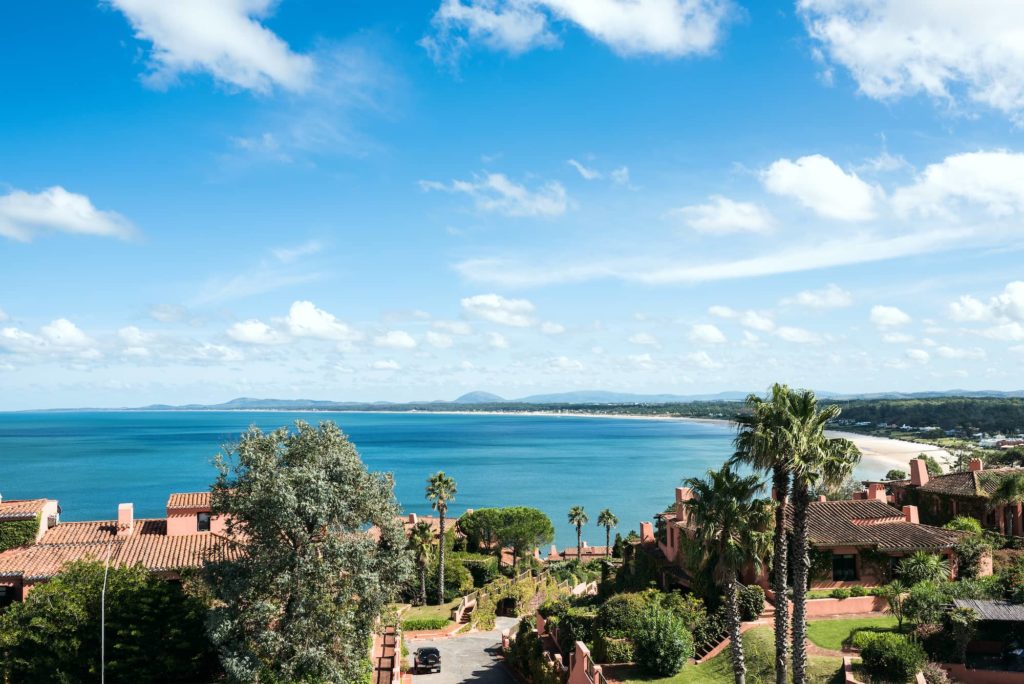Nestled between the behemoths of Brazil and Argentina, Uruguay stands as a beacon of stability and progressive legal frameworks in South America. The country’s serene landscapes, pristine beaches, and vibrant culture have made it an attractive destination for foreign investors looking to purchase property. In this definitive guide, we delve into the arcane legalities that govern such transactions, ensuring that you, as an international investor, are well-prepared to navigate through the calm yet complex waters of Uruguayan real estate.

1. The Allure of Uruguay – Why Invest?
Uruguay has long been lauded for its peaceful democracy, robust economy, and investor-friendly policies. The allure for foreign investors is palpable, given the country’s political stability, high quality of life, and welcoming stance towards international buyers. What sets Uruguay apart is its open market, devoid of any discrimination between locals and foreigners when it comes to property purchases. This egalitarian approach extends to both taxation and the repatriation of funds, offering a level playing field for all who dare to invest. Moreover, Uruguay’s real estate market is known for its transparency and straightforward processes, making it a fertile ground for foreign investment.
2. Understanding the Legal Framework
Before taking the plunge, it is imperative to understand Uruguay’s legal structure concerning property ownership. The country operates under a Civil Law system, where the ownership of real estate is absolute and only subjected to limitations set by law. Foreign investors can rest easy, as the Uruguayan Constitution provides strong protection for private property rights, mirroring those afforded to Uruguayan citizens. Additionally, the Registro de Propiedades (Property Registry) offers an accurate, public record of all real estate transactions, ensuring clarity and security in your investment. This system is pivotal in safeguarding buyers against potential disputes and claims, ensuring peace of mind in your property ventures.
3. The Purchase Process – Step by Step
Embarking on the journey of purchasing property in Uruguay begins with due diligence. Embarking on the journey of purchasing property in Uruguay begins with due diligence. It is imperative to engage with a reputable real estate buyer’s agent like Team Haverkate who only works with the best real estate lawyers. They will guide you through the steps of the acquisition, beginning with the reservation agreement and continuing with the signing of the preliminary purchase agreement (boleta de reserva). Hereafter, a detailed search at the Property Registry confirms the seller’s ownership and reveals any encumbrances on the title. Upon validation, the final deed (escritura) is executed before a public notary, thus transferring ownership. Notably, the entire process is transparent and meticulously documented and as a special service translated into the buyers mother language, ensuring legal certainty for all parties involved.
4. Fiscal Responsibilities – Taxes and Fees
As with any property investment, understanding the fiscal obligations is crucial. In Uruguay, the tax system is notably straightforward and favorable for foreign investors. During the purchase, investors must account for the Real Estate Transfer Tax (ITP), levied at 2% of the fiscal value of the property, usually less than the market value. Additionally, annual property taxes (Contribución Inmobiliaria) and, in some cases, personal assets tax (Impuesto al Patrimonio) may apply. Yet, Uruguay’s non-discriminatory tax policy means that foreign owners pay the same rates as locals. Moreover, there is no inheritance tax and rental income from properties is taxed at a reasonable rate, augmenting the investment appeal.
5. Ownership Forms and Financing Options
Investors should also consider the different forms of ownership available. Properties can be held in an individual’s name, jointly with others, or through corporate entities, such as Uruguayan or foreign companies. Each form has its implications concerning asset protection, succession, and taxation, necessitating careful consideration and consultation with legal counsel. When it comes to financing, while local mortgage options exist, they may not always be the most advantageous for foreigners. Many investors choose to finance their purchases through funds from abroad or by leveraging assets in their home countries, aligning with Uruguay’s liberal regulations on the inflow and outflow of capital.
6. Navigating the Long-Term – Managing Your Investment
After the purchase, managing your property from afar is a reality that requires strategic planning. Engaging a local property management company can alleviate the logistical burdens associated with long-distance ownership. Furthermore, in the context of leasing your property, a local representative can handle tenant relations and property maintenance. It is also important to be mindful of ongoing legal obligations, such as abiding by local housing regulations and keeping up-to-date with any changes in the legal landscape that could impact your investment.
Last But Not Least
In summary, Uruguay offers a compelling and secure environment for foreign property investors. By understanding the legalities, fulfilling fiscal duties, and choosing the right ownership structure, investors can capitalize on the opportunities within this stable real estate market. With the right guidance and thorough preparation, your foray into Uruguayan property can be as tranquil and rewarding as the country’s own serene shores.

